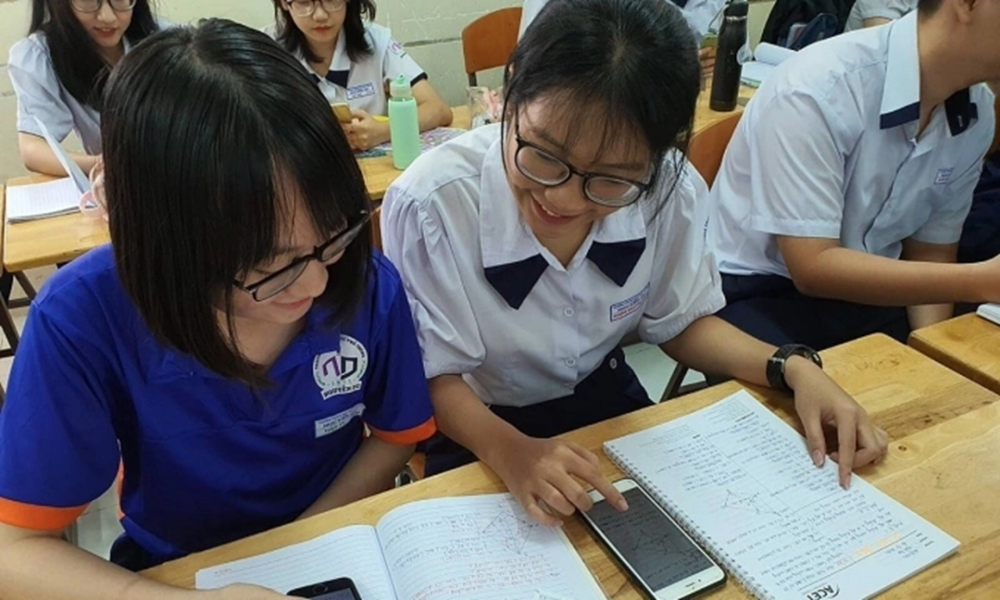
Ho Chi Minh City is leading an educational revolution with the phone-free spaces initiative during break times. Starting in October 2025, 16 pilot schools will implement this policy, paving the way for city-wide application in January 2026.
Two-Phase Implementation Plan
The HCMC Department of Education and Training announced the detailed plan following the September 18, 2025 seminar. This initiative is executed in two clear phases to ensure optimal effectiveness.
Phase 1: Pilot Program (October 2025 - January 2026)
- 16 pilot schools across 16 clusters citywide
- Implementation of phone restrictions during break times
- Data collection and effectiveness evaluation
- Refinement of implementation processes and methods
Phase 2: City-wide Expansion (From January 2026)
- Simultaneous implementation in all 3,500+ schools
- Serving 2.5 million students citywide
- Application of pilot program experiences
- Continuous monitoring and adjustments
Why Are Phone-Free Spaces Necessary?
Mr. Nguyen Van Hieu, Director of HCMC Department of Education and Training, states that this initiative aims to address increasingly serious problems in the modern educational environment:
- Reduced Concentration: Phones distract students' attention during class
- Limited Social Interaction: Students interact less directly with peers
- Reduced Physical Activity: Break time becomes passive
- Online Risks: Danger of cyberbullying and information leaks
- Mental Health: Negative impact on psychological development
Research shows that phone-free environments help students concentrate better, improve communication skills, and develop healthier social relationships.
"Our goal is not to ban absolutely, but to guide students to use phones reasonably and safely. We want to create a healthy, safe, and friendly school environment in the spirit of 'happy school'."
Successful Experiences from Pioneer Schools
Several schools in HCMC have successfully implemented phone ban policies and achieved promising results:
Thanh Loc High School: "After applying the phone ban rule during breaks, we noticed students interact more, participate more actively in sports activities, and the school yard atmosphere has become much more vibrant."
Luong The Vinh School: "Restricting phone use has helped students concentrate better in class and develop direct communication skills. Parents also highly appreciate this positive change."
"Building 'Healthy breaks - promoting exercise and group play' is not a choice, but an urgent requirement to balance comprehensive development for students."
Global Trends and Future
HCMC's initiative aligns with the global trend toward phone-free educational environments. Countries like France, Denmark, and Hungary have implemented similar policies and achieved positive results in educational quality and student mental health.
UNESCO also recommends that governments restrict smartphone use in schools to minimize distractions and protect children from online risks.
Expected Long-term Benefits:
- Improved concentration ability and academic results
- Enhanced social communication skills
- Physical health development through exercise activities
- Reduced stress and anxiety related to social media
- Building genuine and lasting friendships
Supporting Phone-Free Space Implementation
ZenLocked is ready to accompany schools in HCMC and nationwide in building healthy, focused, and effective educational environments. Let us help you create the optimal learning space for students.
CONTACT FOR SOLUTION CONSULTATION